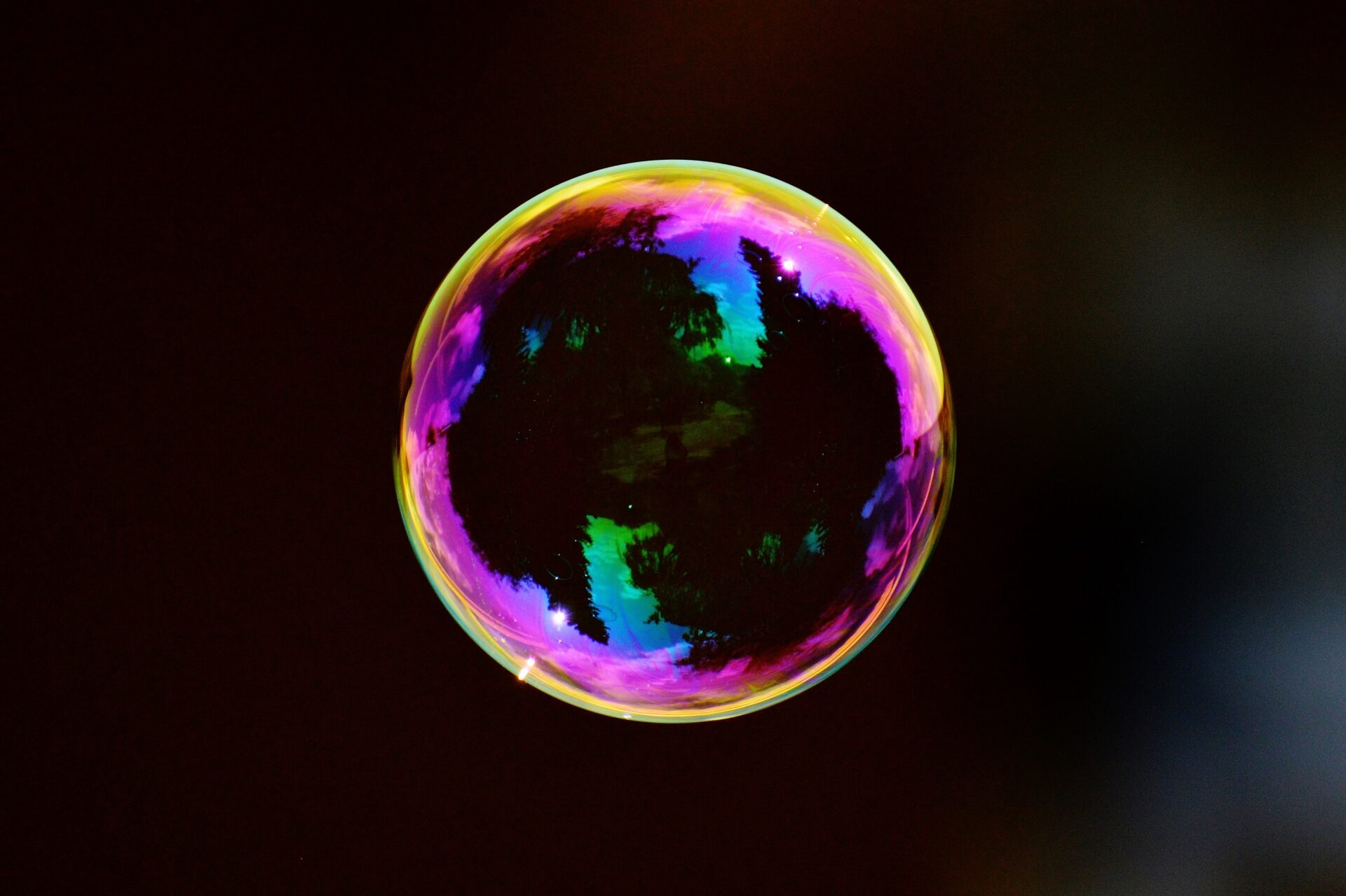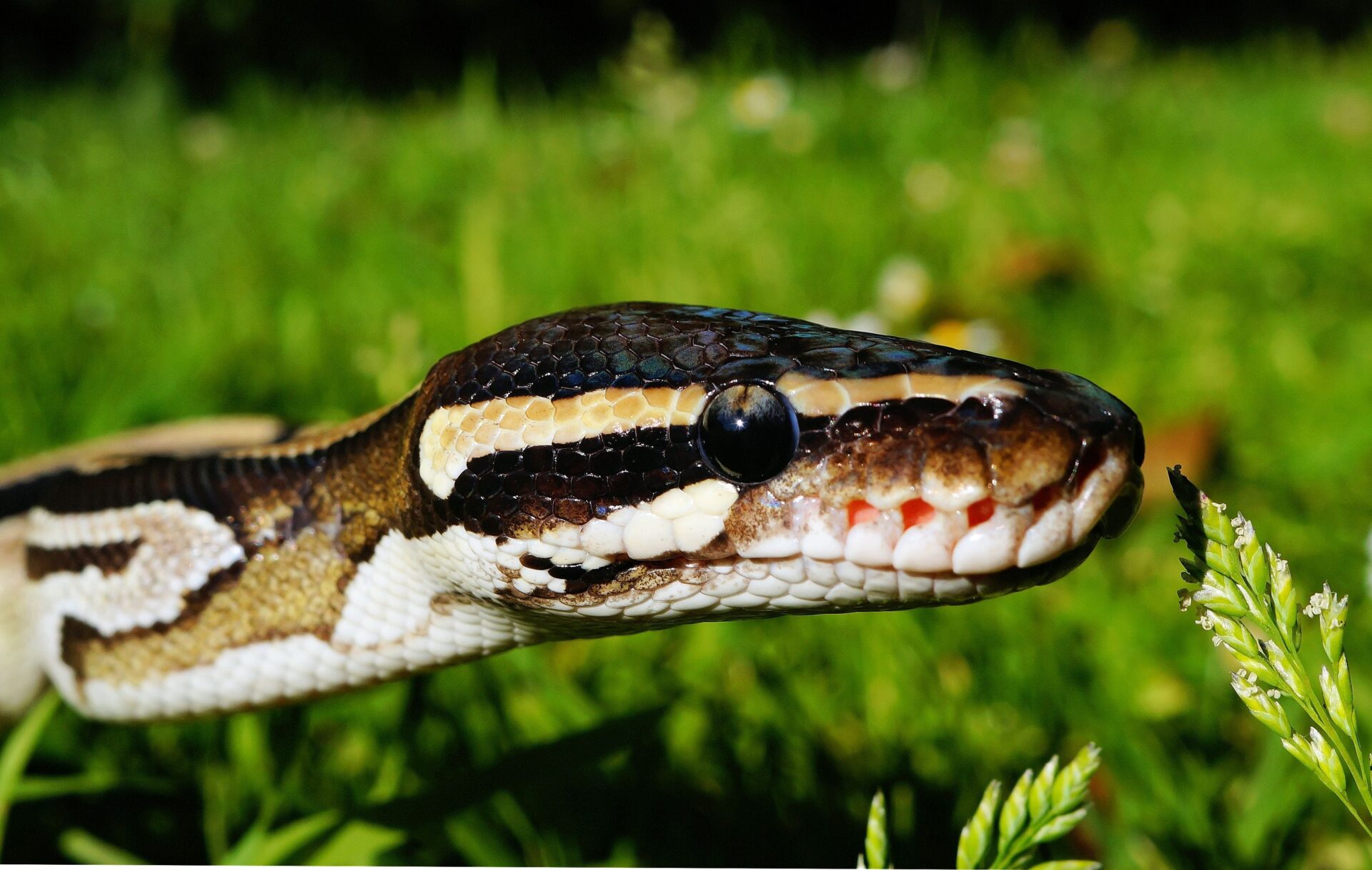Ball pythons are a type of snake that is native to western and central Africa. They have become popular pets due to their small size, docile nature, and wide range of color morphs. One of the most common questions about ball pythons is how long can they live? The answer depends on several factors, including diet, care, and genetics. With proper care and a balanced diet, ball pythons can live for 25-30 years in captivity.The average life expectancy of ball pythons is approximately 20 to 30 years.
Factors Affecting A Ball Python’s Lifespan
The average lifespan of a ball python is 25-30 years, but there are a number of factors that can affect the length of this species’ life. These include the environment it lives in, its diet, its genetics, and the quality of the care it receives.
Environment
The environment a ball python lives in can have an impact on its lifespan. This includes temperature, humidity, and other environmental factors. A ball python that is kept in an environment that is too hot or too cold for extended periods of time will not be able to survive as long as one kept in an optimal temperature range. Additionally, humidity must be maintained within a certain range; if it is too high or too low for extended periods of time, this can also shorten a ball python’s lifespan.
Diet
A proper diet is essential for a ball python to live a long and healthy life. The diet should consist of appropriate prey items that are appropriate for the size and age of the snake. Feeding them too much food or not enough food can both lead to health problems which may reduce their lifespan. Additionally, feeding the wrong type of prey items such as rodents that are too large can lead to digestive issues which can affect their longevity.
Genetics
Genetics play a role in how long a ball python can live; some individuals may be predisposed to shorter lifespans due to genetic factors out of their control. However, providing good care and meeting their needs will still be beneficial in helping them reach their full potential lifespan regardless of genetics.
Care Quality
The quality of care received by a ball python has an impact on its life expectancy. Ball pythons need regular veterinary checkups to ensure they remain healthy throughout their lives, as well as proper housing which includes clean bedding and substrate materials and daily cleaning to keep it clean and sanitary. In addition, they need regular handling with gentle hands so they do not become stressed or scared during interactions with humans. Providing all these needs helps keep them happy and healthy so they can live longer lives.
Providing Proper Environment
Providing your ball python with the proper environment is essential to keeping it healthy and ensuring a long life. The enclosure should be large enough for the snake to move freely, have adequate ventilation, and be temperature controlled. The ideal temperature range for a ball python is between 78-85°F (25-30°C). Humidity levels should also be kept within the range of 50-60%. Appropriate hiding places should also be provided in the enclosure as ball pythons are naturally shy animals. Regularly cleaning and disinfecting their enclosure, as well as providing them fresh water daily, is key to keeping your pet healthy.
Proper Diet
Ball pythons are carnivores that typically feed on small rodents such as mice or rats. Pre-killed frozen prey items are highly recommended over live prey due to potential risks of injury to your pet. Adult ball pythons may only need to be fed once every seven to ten days, while younger snakes will need food more frequently. It’s important not to overfeed your snake, as this can lead to obesity and other health problems.
Regular Veterinary Checkups
Just like any other pet, it’s important to take your ball python for regular checkups with a qualified exotic animal veterinarian. This will help ensure that they are in good health and free from any illnesses or parasites. In addition, veterinarians can offer advice on handling techniques and proper diet.
Handle With Care
Ball pythons are generally docile creatures but may become defensive if they feel threatened or scared. When handling them it’s important to do so gently and not force them into positions they don’t want to go into as this can cause stress or injury. Additionally, never allow children or inexperienced people handle a ball python without adult supervision.
By following these simple tips you can help keep your ball python happy and healthy for many years!
Can Ball Pythons Live In Captivity For Longer Than In The Wild?
Yes, ball pythons can live in captivity for longer than in the wild. On average, captive ball pythons can live up to 30 years, while wild ball pythons typically only live for about 10-15 years. This is because captive ball pythons are provided with a more controlled environment with proper care and nutrition, which can help them to live longer. Furthermore, captive ball pythons do not have to worry about predators or environmental hazards that they would likely face in the wild.
In captivity, the temperature, humidity, and other environmental variables are kept at optimal levels to ensure the health of the snake. They are also provided with a constant supply of food and water which helps them to maintain their health and stay well-nourished. Additionally, vets are regularly available to monitor their health and provide necessary medical attention when required.
Overall, being in captivity offers many advantages that help ball pythons to live longer and healthier than their wild counterparts. It is also important to note that providing proper care and nutrition is essential for any pet snake in order for them to thrive in captivity and reach their full life potential.
Determining the Age of a Ball Python
Determining the age of a ball python can be tricky, as they do not have external indicators like rings on a tree trunk. However, there are some signs that can be used to estimate their age. Ball pythons grow slowly and reach their full adult size at around three years old. Therefore, if an adult-sized ball python is found, it is likely to be at least three years old.
The size of a hatchling ball python can also provide clues as to its approximate age. A baby ball python may only measure 10-12 inches in length when they hatch, and they will grow steadily for the first year or two of their life. After that, growth will slow down until they reach their full size at three years old. With an average growth rate of 1-2 inches per year, it is possible to estimate the age of a ball python if you know its size.
The coloration and patterning of a ball python can also provide clues as to its age. As they grow older, their colors tend to become more vibrant and the patterning more defined. Young hatchlings often have muted colors and indistinct patterns, which become more pronounced as they mature over time.
Finally, one of the most reliable methods for determining the age of a ball python is by looking at its scales or scutes. These are located on the snake’s back and sides and are usually covered in small bumps or “scales”. As the snake ages, these scales may become raised or thicker due to wear and tear over time. This can be used as an indication of how long the snake has been alive for.
In conclusion, determining the exact age of a ball python is difficult due to their lack of external indicators like rings on a tree trunk; however, certain signs such as size, coloration/patterning and scale/scute condition can provide some clues as to how old your pet might be.

What Is The Record For Oldest Living Ball Python?
The record for the oldest living ball python is currently held by a snake named “Granddaddy,” who is estimated to be at least 52 years old. Granddaddy was rescued by a reptile enthusiast in Texas in 1977 and has been living in captivity ever since. Granddaddy is believed to be the oldest living ball python in the world, and has been featured in numerous articles over the years.
Ball pythons are native to West and Central Africa, and have become popular pets due to their calm demeanor and relatively small size. They can live up to 30 years in captivity, though some exceptional individuals like Granddaddy have been known to reach much older ages.
Granddaddy’s age has been verified by experts at the Reptile Conservation Center of Texas, who have studied his growth rings and other evidence of age. His longevity is believed to be due largely to his good health and excellent care over many decades. He is currently being cared for by a family of reptile enthusiasts in Houston, who provide him with a comfortable home and plenty of attention.
Though Granddaddy may not hold onto his record forever, he is certainly an inspiration for all reptile keepers. His story highlights the importance of providing proper care for our pets, as well as how much joy they can bring into our lives when given the chance.
Providing Appropriate Care for Your Ball Python
Ball pythons are among the most popular pet snakes, and for good reason. They are generally quite docile, they don’t grow too large, and they come in a variety of colors and patterns. Proper care is essential for your ball python’s health and happiness. Here are some tips to ensure your ball python is receiving the best possible care.
Housing
Your ball python should have a secure enclosure that is at least three times as long as the snake’s body length. The enclosure should be escape-proof and provide enough space for your snake to move around comfortably. It should also have a secure lid with air holes to provide ventilation. Place a substrate like aspen shavings or newspaper at the bottom of the cage; this will help keep your snake warm and comfortable while also making cleaning easier. Make sure to regularly clean out any droppings or uneaten food from the enclosure.
Temperature and Humidity
Your ball python will need a temperature gradient in its enclosure, with one side being slightly warmer than the other (around 88-90°F). You can use an under tank heater or ceramic heat emitter to provide this heat gradient, but make sure you use a thermometer to monitor temperatures in different areas of the enclosure. It’s also important to maintain proper humidity levels in your ball python’s enclosure; optimal levels are between 50-60%. You can use a hygrometer to measure humidity levels, and misting can help keep them within the ideal range if necessary.
Feeding
When it comes to feeding, frozen rodents are usually your best option for ball pythons since they are easy to find and relatively inexpensive. Feeding live rodents is not recommended due to potential health risks associated with them. Offer one appropriately sized mouse or rat every 7-10 days; do not overfeed as this can cause health problems like obesity or regurgitation of food items. Remove uneaten prey items after 24 hours so that they don’t spoil inside the enclosure.
Handling
Ball pythons typically do not enjoy being handled frequently; it is best to limit handling sessions to once every few days so that your snake does not become stressed out by too much handling. When you do handle your snake, make sure you support its entire body so that it feels secure and safe in your hands; never pick up your snake by its tail! Make sure you wash your hands before and after handling so that you don’t transfer any bacteria from yourself onto your pet snake’s skin.
Overall, proper care is essential for keeping any pet healthy and happy, but it is especially important when dealing with reptiles like ball pythons since their needs can be quite specific. With these tips in mind, you should be able to provide an appropriate environment for your pet snake so that it can thrive!
Male and Female Lifespan of a Ball Python
The lifespan of a ball python can vary depending on whether it is male or female. Generally, the male ball python lives for around 20 to 30 years while the female typically lives for around 30 to 40 years. This is due to the fact that the female ball python is larger than the male, allowing it to carry more fat reserves which helps them live longer. The males are also more active than females, which can lead to a shorter lifespan due to increased activity levels.
In terms of size, male ball pythons usually grow up to 3 feet in length while females can reach up to 4 feet in length. This difference in size also has an impact on lifespan as larger animals tend to live longer than smaller animals. Additionally, the size difference affects the amount of food they require; males typically eat less than females due to their smaller size.
Male and female ball pythons also have different behaviors; males tend to be more aggressive and territorial while females are generally more docile and relaxed. This behavior difference can impact their life span as well, as aggressive behavior can lead to increased stress levels which can shorten their life expectancy.
Overall, there are several factors that affect the lifespan of a ball python including gender, size and behavior. Male ball pythons typically live for around 20-30 years while females typically live for 30-40 years due to their larger size and increased fat reserves. Additionally, male pythons tend to be more aggressive than females which can lead to shorter lifespans due to increased stress levels.

Conclusion
The lifespan of ball pythons can vary greatly depending on the living conditions and care that it receives. In captivity, the average lifespan of a ball python is approximately 20 years with some individuals living for even longer. Proper husbandry is essential in ensuring that your pet ball python lives a long and healthy life.
Ball pythons are relatively easy to care for and make great pets for first-time reptile owners. They are typically quite docile and can be handled with ease, making them a great choice for children or adults looking to own their first reptile.
In conclusion, ball pythons are one of the most popular species of reptiles kept as pets due to their manageable size, docile temperament, and relatively long lifespans. With proper husbandry they can live up to 20 years or more in captivity, making them an excellent choice for those looking to keep a reptile companion.
No matter how long your ball python lives, it can make a wonderful addition to any family by providing companionship and entertainment. With proper husbandry and care, you can ensure your pet ball python will live a happy and healthy life for many years to come.




